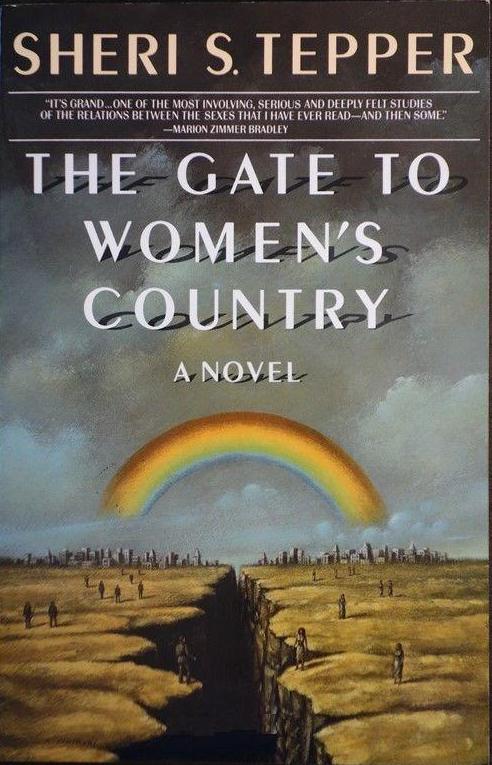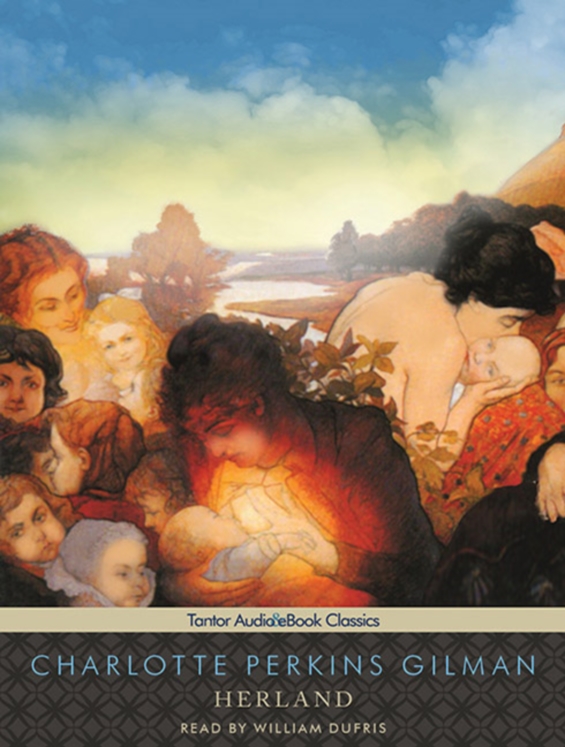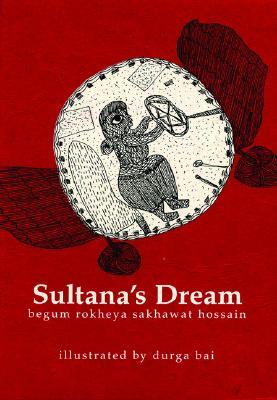We are volcanoes.
When we women offer our experience as our truth,
as human truth,
all the maps change.
There are new mountains.
—Ursula K Le Guin
 I took the October death of novelist Sheri S. Tepper hard. You couldn’t call her passing at 87 early or unnatural. And although she never achieved the star status of her literary equals, she was critically acclaimed, received numerous awards, and managed what many of us only dream of — making a living off her writing.
I took the October death of novelist Sheri S. Tepper hard. You couldn’t call her passing at 87 early or unnatural. And although she never achieved the star status of her literary equals, she was critically acclaimed, received numerous awards, and managed what many of us only dream of — making a living off her writing.
This is why I took her death hard: because as soon as I heard of her passing, I realized that I didn’t know she was still alive. And that it had been years since I’d looked for any of her books.
I hadn’t always been so lax about staying current with feminist fiction. Back when I was a young woman, those books meant everything to me. Tepper’s stand-alone novel, The Gate to Women’s Country, changed the way I saw the world. I devoured her novels, and those of her contemporaries — Atwood, Le Guin, Butler. I absorbed the lessons they had to teach me and then I moved on, thinking I didn’t need them anymore. And when my Harry Potter-obsessed daughter came of age, I never even thought to push Tepper her way. Things were getting better for women, right? She didn’t need that kind of education.
What do I mean by education?
I mean that Tepper, a lifelong women’s advocate and a passionate feminist, had something she wanted to tell us, something she hoped we’d open our eyes and minds to. But instead of sitting us down for a lecture about sexism, sexuality, patriarchy, and gender identity, she wrapped fantastical worlds around her ideas. We learned about our world and ourselves by reading about other worlds, other selves. She seduced us into opening our minds with the awesomely subversive power of speculative fiction.
 So if I loved her and her like-minded fellow writers so much, why did I stop reading them? One simple answer. Because portrayals of women in speculative fiction got better. Much better. Instead of picking up a SF or fantasy novel and being put off by sexist depictions of women, I was thrilled by new worlds where women warriors or wizards weren’t anomalies, where female characters had equal (or greater) page time than their male counterparts, where they had stories and agency and didn’t exist to support the plot lines of men.
So if I loved her and her like-minded fellow writers so much, why did I stop reading them? One simple answer. Because portrayals of women in speculative fiction got better. Much better. Instead of picking up a SF or fantasy novel and being put off by sexist depictions of women, I was thrilled by new worlds where women warriors or wizards weren’t anomalies, where female characters had equal (or greater) page time than their male counterparts, where they had stories and agency and didn’t exist to support the plot lines of men.
So what’s wrong with loving those perfect-world books?
Absolutely nothing. I adore them and will always want to read them. But when I reach the end and close the cover, I’m still living in this world, not a fictional one. I’m living in a world where women are routinely discriminated against, where we’re in danger. A world where the people who would oppress us have found new venues to do it in, and new methods to use. As much as I hoped it would be true for my daughter, we do not live in a post-sexism age. I’m not even sure the situation is any better than when I was a young woman.
We still desperately need feminist fiction.
So I’ve decided to revisit the genre of feminist speculative fiction here on Speculative Chic, and I’m hoping you’ll join in with your thoughts and perspectives.
 What do I want to look at, and look for? Stories of gender identity and gender inequity. Classic gothic fiction and the freed power of the female ghost. Feminist writers of color, religion, and orientation. Comic books and graphic novels. Long series and short stories. Anything and everything speculative and feminist.
What do I want to look at, and look for? Stories of gender identity and gender inequity. Classic gothic fiction and the freed power of the female ghost. Feminist writers of color, religion, and orientation. Comic books and graphic novels. Long series and short stories. Anything and everything speculative and feminist.
We’ll get to talking about Tepper eventually, but first let’s go back to where feminist speculative fiction started and examine two stories that challenged the concept of patriarchal societies. We’ll dive deep into utopian feminist SF — Charlotte Perkins Gilman’s 1915 Herland, and Muslim feminist author Rokeya Sakhawat Hussain’s The Sultana’s Dream, from 1905.
Both are quick, short reads and available as ebooks for under a dollar (editor’s note: you can find both books in one download for $0.99). I hope you’ll download, read, and join the discussion in December’s Changing the Map.

I can’t like this enough! I’m so very excited about this project, and I can’t wait to see what books are coming down the pike!
If you’re going to visit/revisit, may I suggest Octavia Butler’s “Dawn”? It’s fun; and the whole Xenogenesis series was page-turning (for me, at least) while providing great insights on gender and species survival.
Dawn is such an insightful, complicated little book. I second the recommendation.
And since you’re willing to consider graphic novels, I’d like to suggest “Strong Female Protagonist.” (https://strongfemaleprotagonist.com) (http://strongfemaleprotagonist.bigcartel.com/product/strong-female-protagonist-book-one) Yes, it’s about super-powers. But it’s a very different take.
Oooh, I’ll have to check that out! My graphic novel knowledge base is not deep or wide so I need all the recommendations I can get!
Okay, graphic novel list time! These are all volume ones of their respective series.
1) Monstress
2) Bitch Planet
3) Rat Queens
4) Lumberjanes
5) Ody-C
I haven’t finished reading ALL of these, and not all of these are written by women. But they’re a fun start to what’s happening in comics NOW and you read any of them and they’re not quite what you’re looking for in the column, at least you got a chance to read something awesome!
Awesome!!! Thanks, Shara!!!!
I know others in the group (Nancy, cough!) will have suggestions in this department as well. I have BOOK suggestions, but there’s too many to list. I’ll send them privately.
Yes, I’m hoping that one of the graphic novel SC-ers will want to take a column to talk about their favorites!
Actually, I was also thinking about Monstress and Rat Queens! Monstress is especially interesting, as the matriarchal society results in a flip to the female-to-male proportions you typically find in fantasy fiction.
Sharon, how interested are you in feminist speculative fiction-esque books of essays? This was my jam when I was in grad school, and I’ve got some great titles to share.
Very, please.
I have The Shore of Women by Pamela Sargent that I never read yet.
Nice!